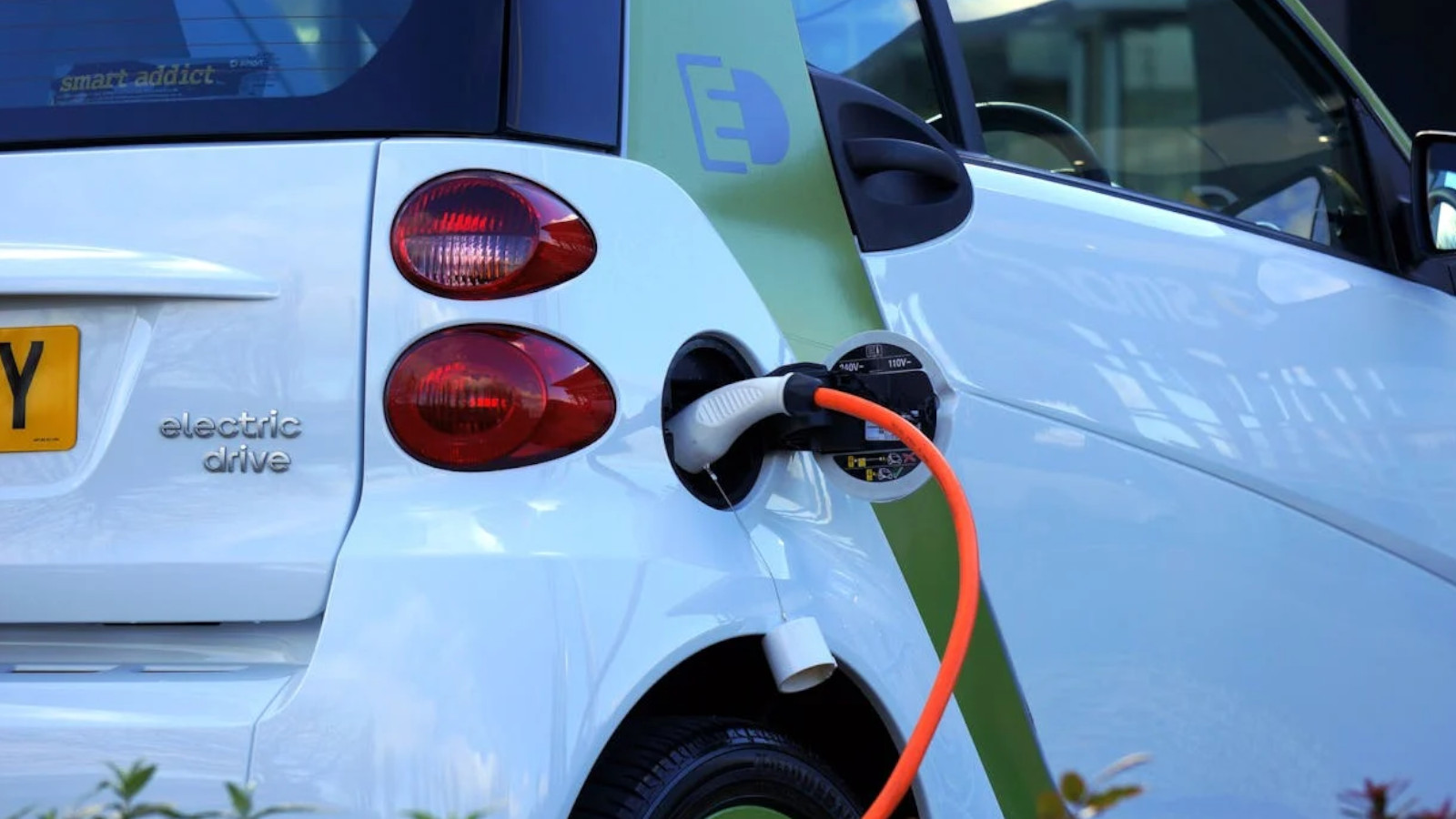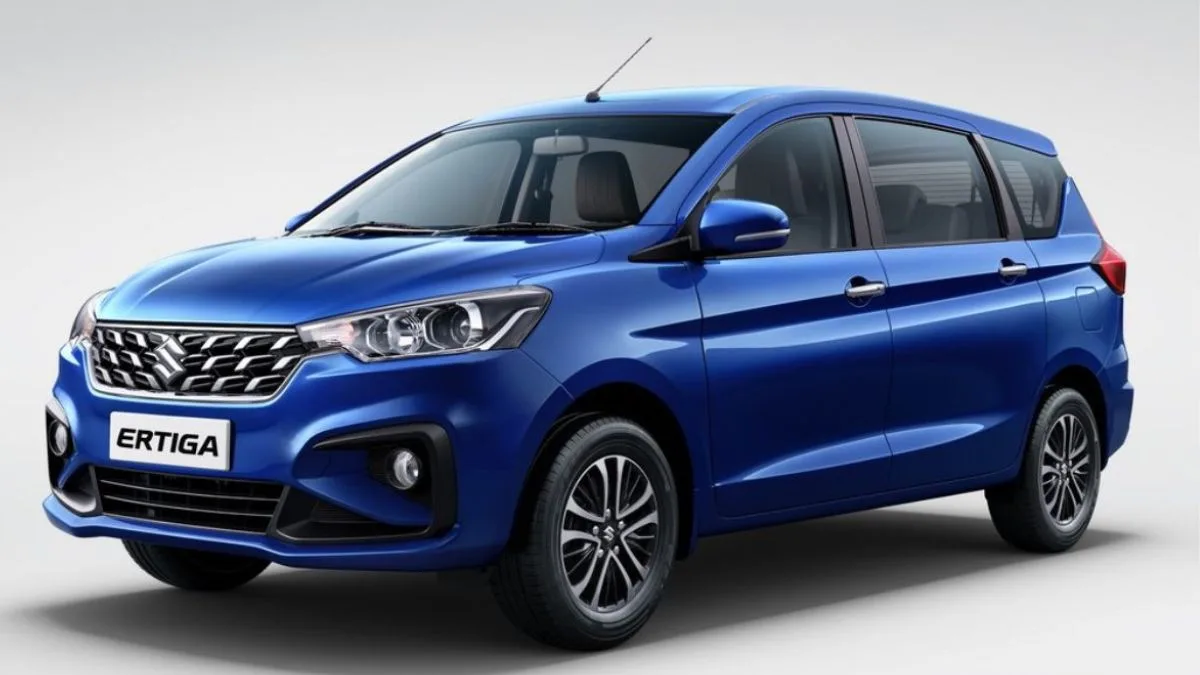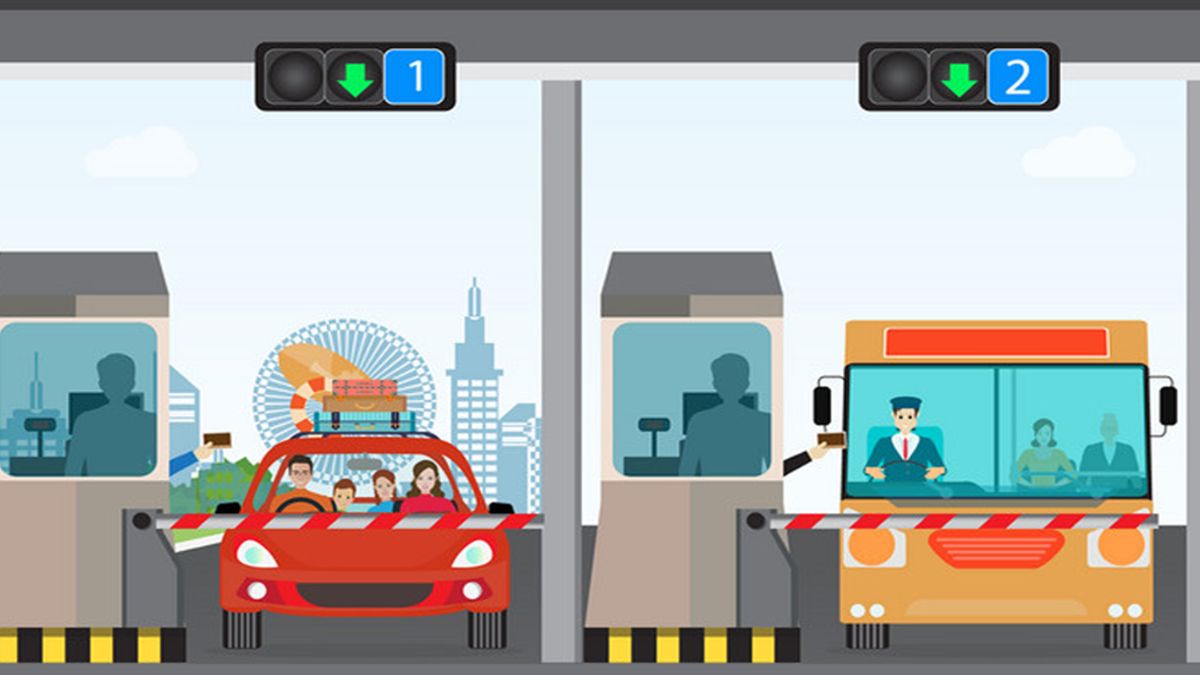In the dynamic landscape of the electric vehicle (EV) sector, the year 2024 holds immense significance as industry leaders anticipate a pivotal moment in the Union Budget. Years of sustained capital infusion, buoyed by subsidies and tax exemptions, have positioned the EV market as a key player in the automotive sector. This article delves into the expectations and aspirations of EV stalwarts for Budget 2024, emphasizing the crucial role of subsidies and tax exemptions in catalyzing the growth of the EV segment in the country.
The Call for Continued Support: FAME II Subsidy Scheme Extension
With the Union Budget on the horizon, most EV manufacturers are pinning their hopes on the extension of the Faster Adoption and Manufacturing Electric (FAME) subsidy scheme. This crucial support mechanism has been instrumental in fostering the adoption of electric vehicles, and industry leaders believe that its continuation is paramount for sustaining the momentum gained over the years.
GST Reduction on EV Components: A Game-Changer
A significant demand echoing across the EV industry is the reduction in the goods and services tax (GST) on specific EV components. Ayush Lohia, the CEO of Lohia Auto, emphasizes the need for a comprehensive policy on EV parts. He contends that transparency and a level playing field can be achieved through a judicious reduction in the GST rates, particularly on spare parts burdened with a high GST of 28 percent/18 percent.
Inclusion of Commercial Vehicles in EV Incentives
Ayush Lohia further stresses the importance of including commercial vehicles in EV incentives, asserting that this move is pivotal for fostering widespread growth. The existing 5 percent GST on electric vehicles is acknowledged as commendable progress; however, the lack of clarity on spare parts poses a significant challenge. The CEO advocates for the prioritization of innovation-centric initiatives to foster capacity-building and provide meaningful incentives for widespread EV adoption.
Hero Electric’s Vision: Aligning Expectations with GST Parity
Naveen Munjal, Founder and MD of Hero Electric, shares his expectations for Budget 2024. He expresses hopes for announcements related to the reduction of GST rates, extension of FAME II subsidies, and increased expenditure on charging infrastructure. Munjal highlights a notable disparity in GST rates between EVs sold with fixed batteries (taxed at 5 percent) and lithium-ion batteries utilized for swapping purposes (taxed at 18 percent when sold separately). Expectations are high for achieving GST parity for EV batteries used in swapping to fortify the EV landscape.
The Industry’s Collective Vision for GST Parity
Industry experts emphasize the urgency of addressing the GST disparity, which has a direct impact on competitive pricing and the overall growth of the EV sector. With EV sales doubling from 2022 to 2023, reaching an impressive 89,137 units, the momentum is evident. Industry players firmly believe that the reduction of GST will serve as a catalyst, significantly boosting the growth of the sector.
Looking Ahead: Prioritizing Innovation and Sector Lending
Ayush Lohia advocates for innovation-centric initiatives that contribute to capacity-building within the EV sector. He suggests the inclusion of EVs in Priority Sector Lending, emphasizing the need for meaningful incentives that drive widespread adoption. As the EV landscape evolves, strategic policies that encourage innovation and sustainable growth are deemed essential for steering the industry toward a brighter future.
Discover more from Wheels Craze - Automotive News, EV News, Car News, Bike News
Subscribe to get the latest posts to your email.





